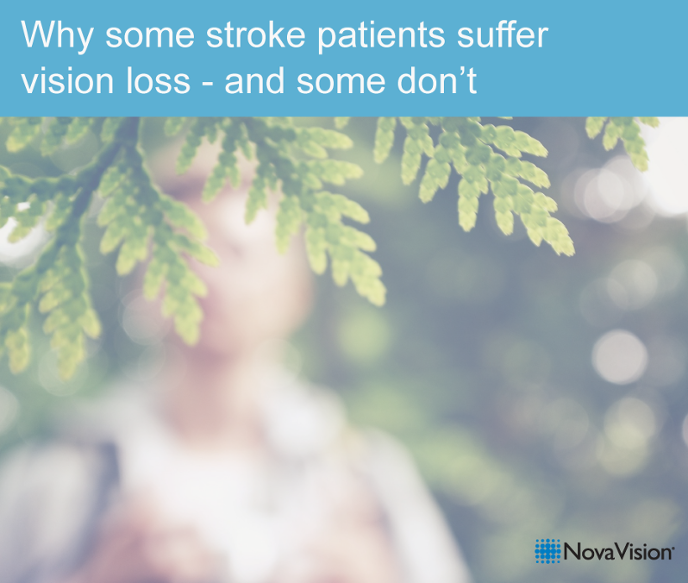
Patients who have recently experienced a stroke or brain injury will often tell their physicians that they are having difficulty seeing out of one eye. Although certain conditions may mimic this sensation, visual problems that occur after a stroke or brain injury are not typically a result of damage to your eyes at all. More…


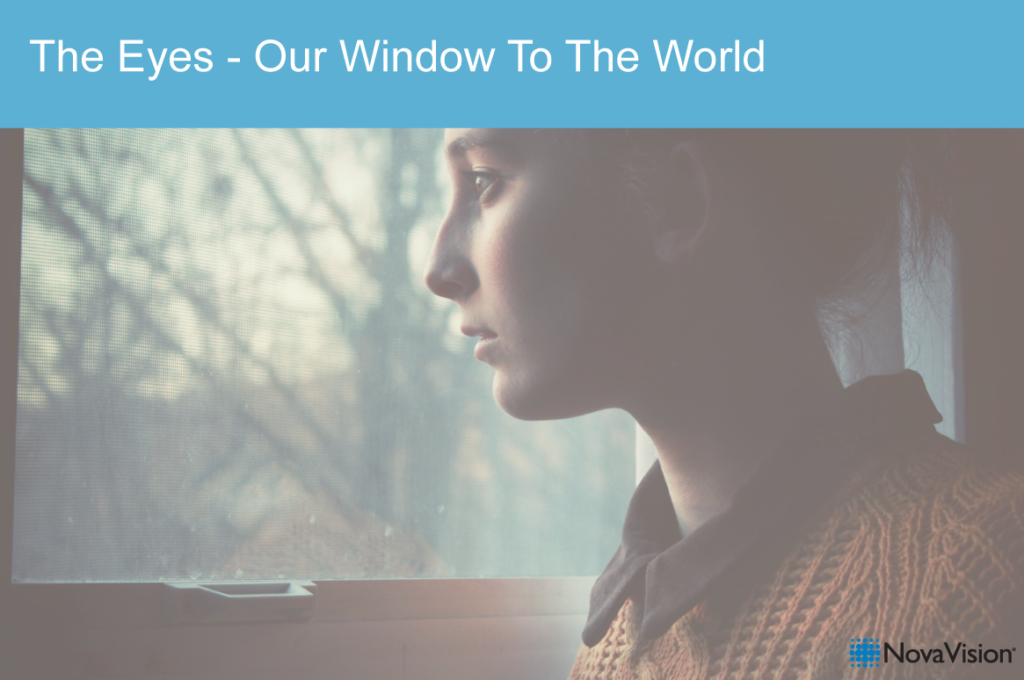

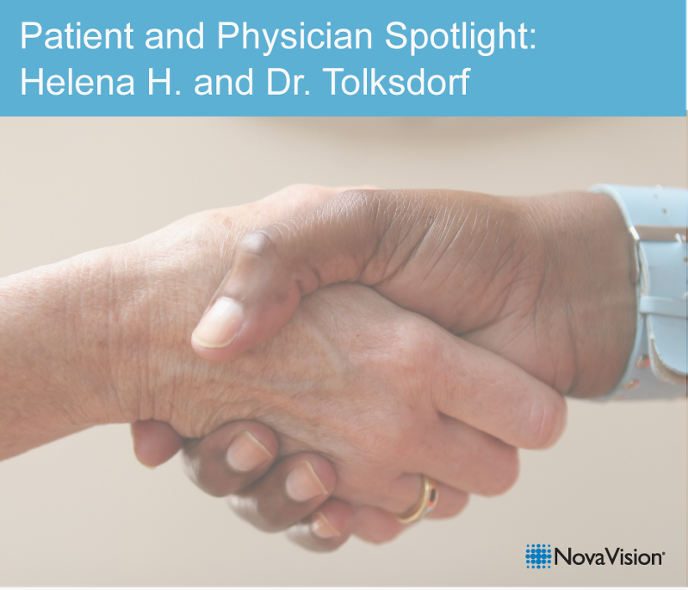
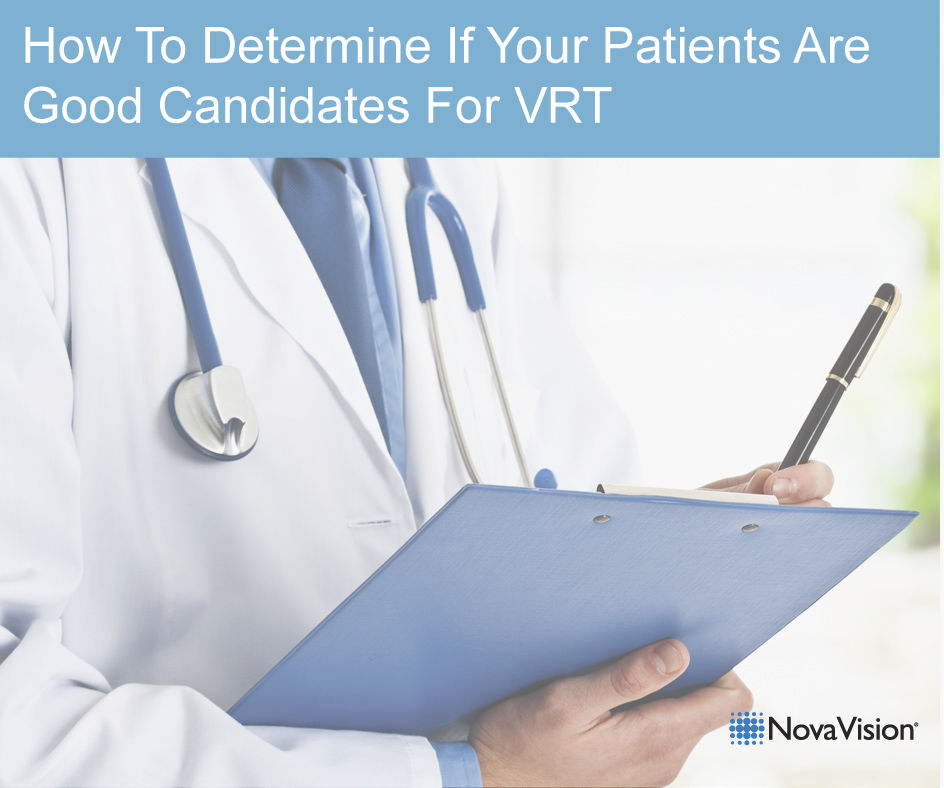
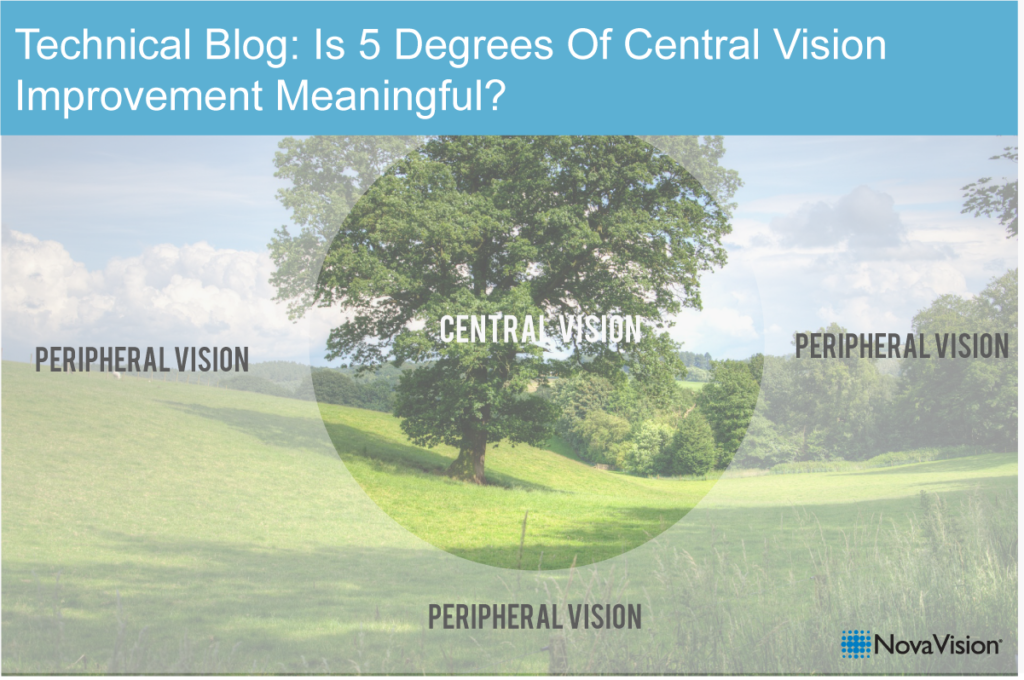
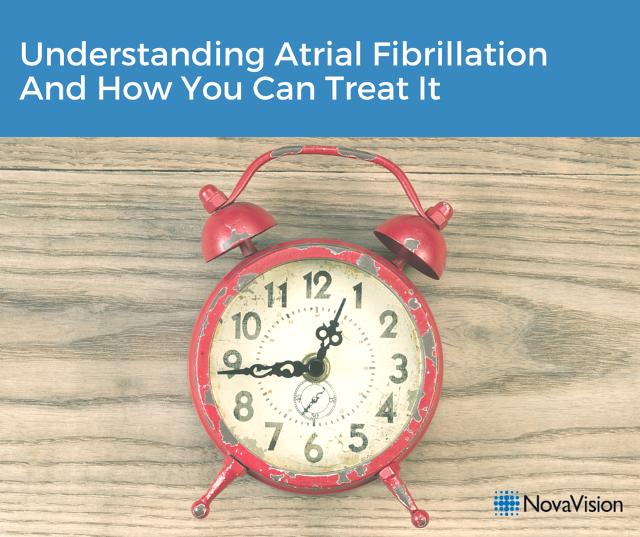
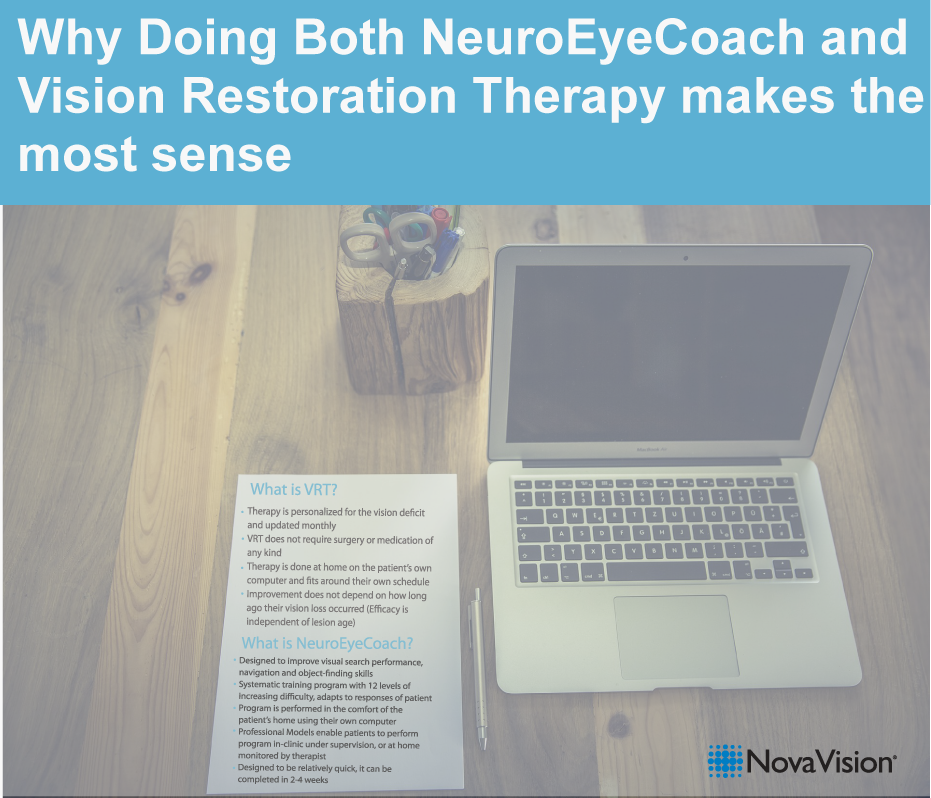
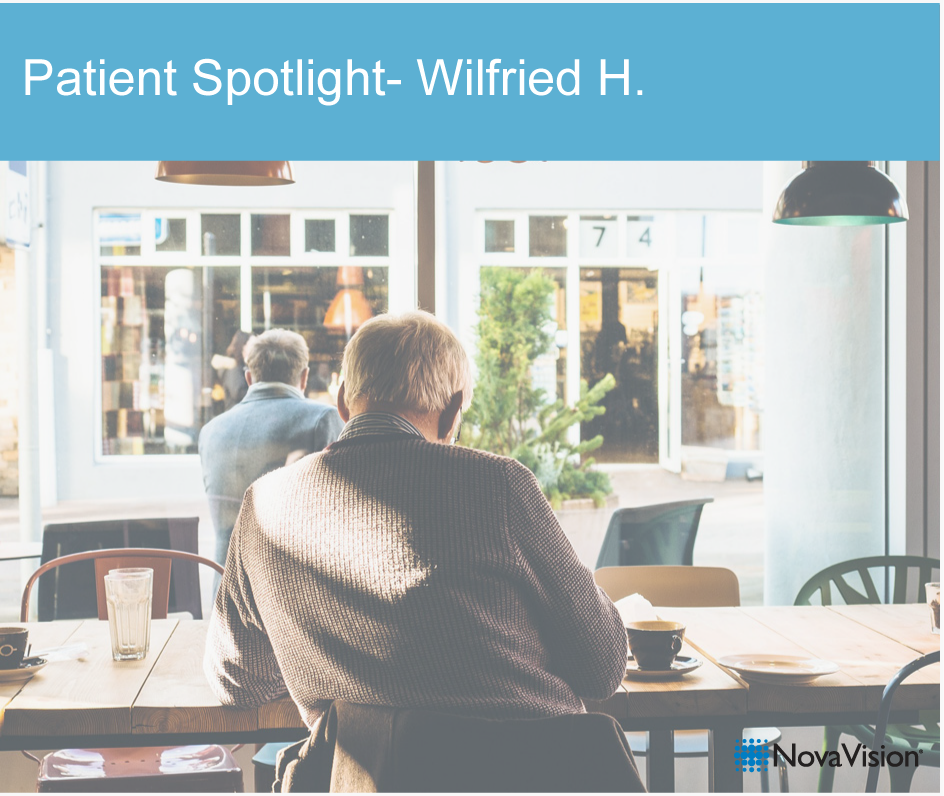
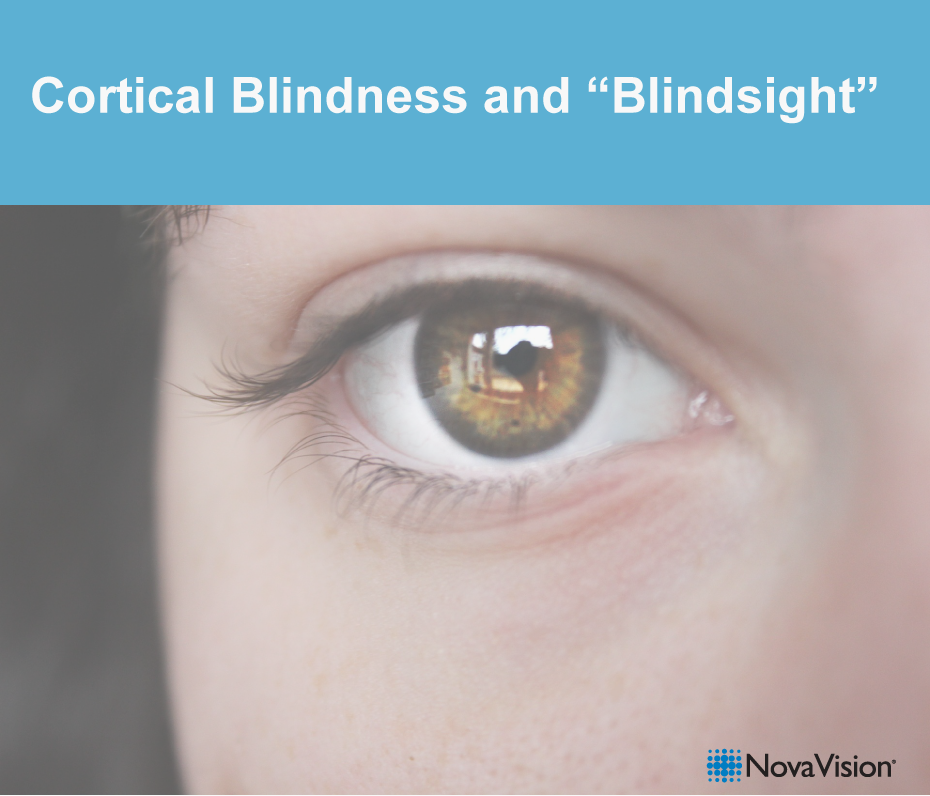
Recent Comments